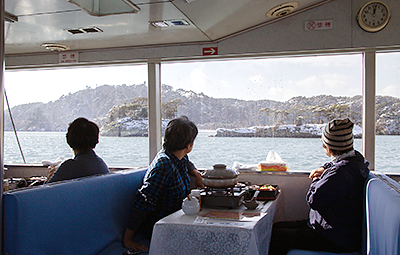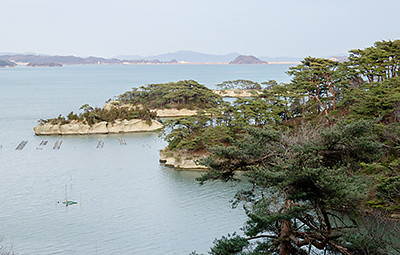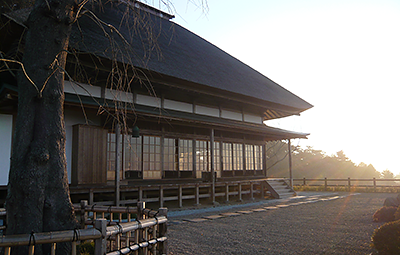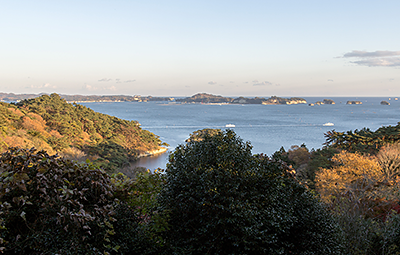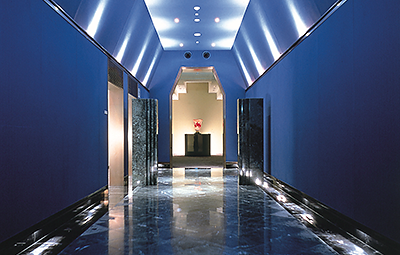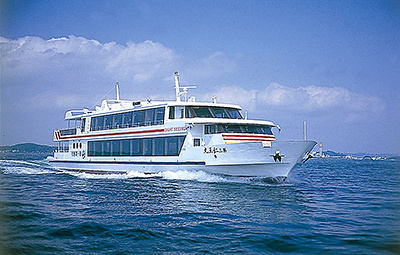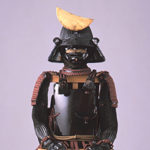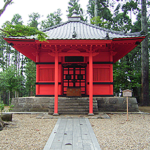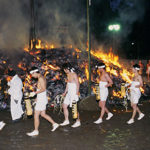The “DATE Culture” Fostered by Masamune
34 Matsushima

With a gross area of 9,717 hectares and consisting of over 260 islands of various sizes, Matsushima has long been known for its scenic landscape. Its beauty changes with the seasons, and has been a long-time popular subject for poetry. Ever since its introduction by the famous 17th century haiku poet MATSUO Basho in his famous travel essay titled “Oku no Hosomichi”, many people have come to visit Matsushima. All of the islands and the entire coastal area are designated as a “National Special Place of Scenic Beauty.”
- Tags
- DATA
-
Name : 34 Matsushima Location : Shiogama City, Miyagi / Higashi-Matsushima City, Miyagi / Matsushima Town, Miyagi-gun / Rifu-cho, Miyagi-gun / Shichigahama-machi, Miyagi-gun - Location/Ownership/Traditional place
- Shiogama City / Matsushima Town

